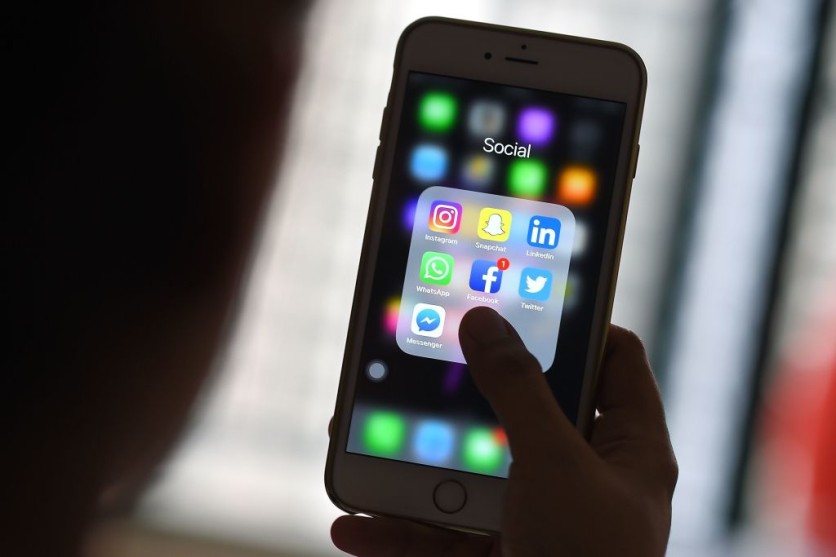Facebook, Instagram, TikTok, YouTube, and Snapchat is reportedly hit by New York City with a lawsuit claiming the tech platforms have exposed children to a stream of harmful content, causing a youth mental health crisis.
The filing says the tech giants deliberately designed their applications to make children addicted to social media, thus proving guilty of laws related to public nuisance and gross negligence.
Consequently, the nation's biggest school district, which teaches about a million kids, has had to respond to disruptions inside and outside the classroom, offer therapy for anxiety and despair, and create curricula regarding the dangers of social media and internet safety.

According to Mayor Eric Adams' office, the city annually spends more than $100 million on services and programs related to child mental health, a crisis that the filing points to be social media's fault.
Sources indicated that due to the firms' local ties, the city of New York and plaintiffs, which included the school system and health organizations, filed the complaint in the California Superior Court's Los Angeles County branch, according to the filing's attorneys.
Social Media's Pros and Cons
The lawsuit claims that Meta, Snap, ByteDance, and Google (whose parent company is Alphabet) intentionally created, manufactured, advertised, distributed, and sold their platforms to draw in young people and keep them addicted with little to no parental supervision.
While Deputy Mayor for Health and Human Services Anne Williams-Isom still stated social media's advantages in terms of societal and familial communication, they reiterated that the applications can still be a place that leads to "negative mental health implications for children..."
Big Tech's Response
The tech giants responded to the filing that they have developed and will continue to create and execute user safety-focused policies and regulations.
José Castañeda refuted the charges in the case, stating it is untrue; Castañeda is the spokesman for Google, the parent company of YouTube. The spokesman also added, via an Associated Press-reported email, that Google has worked with youth, mental health, and parenting specialists.
A TikTok representative also mentioned similar ongoing partnerships to identify industry best practices in the face of obstacles. According to a statement sent by the Bytedance-owned firm via email, TikTok boasts industry-leading measures to assist kids' well-being. These reportedly include age-restricted features, parental controls, an automatic 60-minute time limit for users under 18, and various other tools.
According to a representative for Meta, which owns and runs Facebook and Instagram, it wants teenagers to enjoy safe, age-appropriate online experiences.
To that end, it offers more than thirty tools and features designed to support teens and their parents. The company further states that it has employed individuals who have committed their careers to ensure the safety and support of young people on the Internet for ten years while working on these issues.
According to a statement from Snapchat's parent company, Snap Inc., the app is purposefully distinct from others in that it opens with a camera instead of a feed of information that promotes inactive scrolling, and it lacks the typical public likes and comments feature.
Read also: Fighting Misinformation: Harvard Experts Tap Social Media Influencers for Mental Health Campaign

ⓒ 2025 TECHTIMES.com All rights reserved. Do not reproduce without permission.




